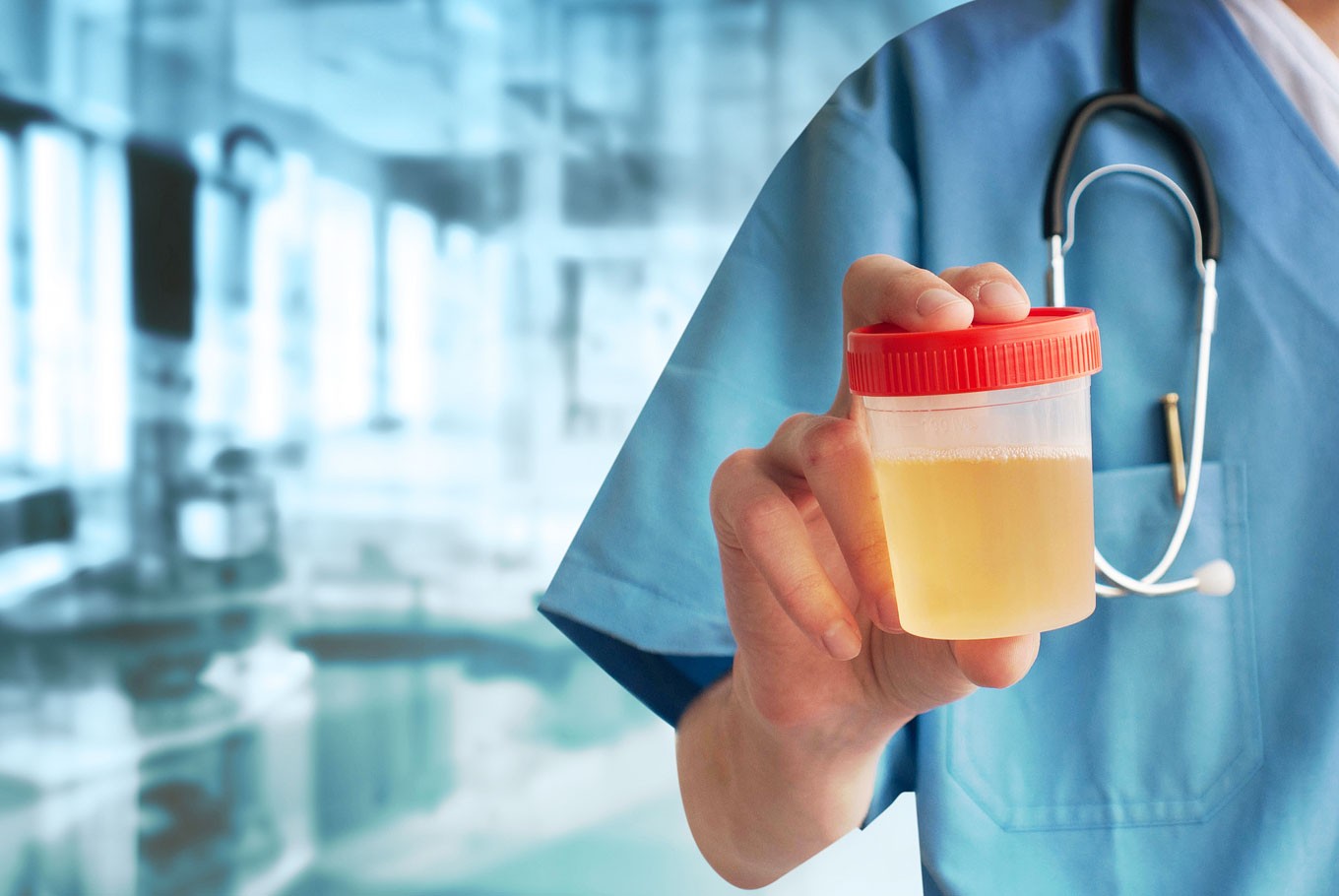Popular Reads
Top Results
Can't find what you're looking for?
View all search resultsPopular Reads
Top Results
Can't find what you're looking for?
View all search resultsSix things you should know about your pee
Do you know where urine comes from? Some of us might say ‘from the liquid we drink daily’. Well, that’s almost correct — pee is the liquid waste from your body that is excreted by the kidneys and then removed from the body through urination.
Change text size
Gift Premium Articles
to Anyone
D
o you know where urine comes from? Some of us might say ‘from the liquid we drink daily’. Well, that’s almost correct — pee is the liquid waste from your body that is excreted by the kidneys and then removed from the body through urination.
The kidneys produce urine when they filter toxins and other bad stuff from the blood to maintain fluid homeostasis. The body absorbs about 90 percent of its urine while the rest is taken through the ureter to the bladder, and then discharged out of the body through the urethra.
Physical activity, nutrition or enzymes from food intake, drinking water, medications and illnesses influence how your pee turns out.
What is in pee?
Humans produce between 1-1.5 liters of urine per day. It is 95 percent water and 5 percent mineral materials in different levels, namely acids, ammonia, organic elements, hormones, vitamins and enzymes. Urea or uric acid dominates the mineral ingredients. In one day, a person releases about 30 grams of urea.
What is in your pee depends on what you eat and drink. People who consume a lot of caffeine and alcohol have a high rate of urination. Generally, people tend to empty their bladder up to eight times a day, but if you start to feel the need to pee more often than usual, there could be something wrong with your health, such as diabetes. An overactive bladder may also occur when you try to hold your pee.
What is the normal color?
Maybe not everyone pays attention to their urine color when they flush the toilet, but it can tell us a lot about health problems.
If you think you drink enough water daily, your pee should have no color or be pale yellow, indicating a good balance between over- and under-hydration.
Dehydration can cause pee to become more concentrated, with a darker color.
- Orange. If your pee is orange it means you are over-collecting beta-carotene, high dose vitamin B2, which is then excreted in your pee. Look back at your meals — maybe it’s because you ate too many carrots.
- Green. Check whether your meals contained asparagus. If your pee is greenish but you have not eaten asparagus, it could be a sign of infection that can cause kidney stones.
- Blue. It is a very rare color for pee. However, this condition is called hypercalcemia, which is too much calcium in the blood that can weaken the bones, create kidney stones and interfere with the work of the heart and brain.
- Red or dark brown. This indicates the presence of blood because of an infection in the kidneys, urethra, ureter, or other areas.
(Read also: What your poop says about your health)
How does it smell?
The smell of pee usually depends on what kind of food you eat. If your pee smells like sulfur, you probably ate too much asparagus. The pee smells stronger if you are dehydrated; it smells like ammonia because your urine gets very concentrated.
Diabetes mellitus can be observed through a sweet taste of urine, whereas phenylketonuria in children can cause stinky pee. Besides the possibility of E. coli, infection also causes the smell of ammonia in urine.
Why do people wet the bed?
Wetting the bed or enuresis is classified into two categories. In children who wet the bed before the age of six months it is called primary enuresis, and for those older than six months is secondary enuresis. The cause of enuresis is due to stress or spinal disease. Pee is collected in the bladder to adjust the amount of hormones that are reducing.
Behavior therapy is the best way to eliminate this behavior, for example by using an enuresis nocturnal alarm.
Why do we shiver while urinating?
When pee leaves the bladder, body heat decreases. As urine comes out through the urethra, the body will shiver due to the charging of calories in the muscles. (kes)












